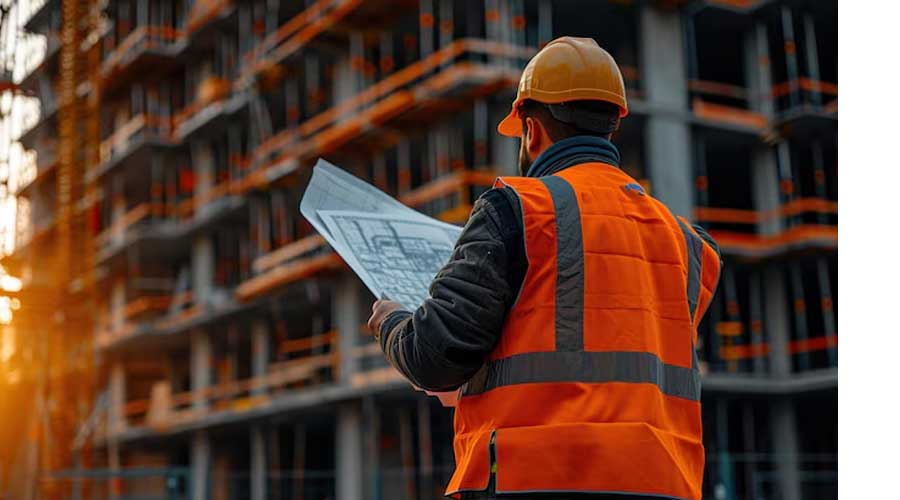Sustainable Construction: Building for the Future
The construction industry is at a pivotal moment as the world increasingly recognizes the need for sustainable practices. Sustainable construction, often referred to as green building, involves creating structures that are environmentally responsible and resource-efficient throughout their lifecycle—from design and construction to operation and eventual demolition. As the effects of climate change become more pronounced, the demand for eco-friendly building practices is not just a trend but a necessity.

Reducing the energy consumption of a building is a primary goal. This can be achieved through the use of high-performance insulation, energy-efficient windows, and advanced HVAC systems. Renewable energy sources, such as solar panels or wind turbines, are also increasingly being integrated into building designs.
Choosing materials that have a low environmental impact is crucial. This includes using recycled or reclaimed materials, sustainably sourced wood, and non-toxic, low-emission products. Sustainable materials not only reduce the carbon footprint but also often offer superior durability.
"Sustainable construction builds today for a greener tomorrow."
Sustainable construction seeks to minimize water usage through efficient plumbing systems, rainwater harvesting, and the use of greywater for non-potable applications. Water-efficient landscaping and irrigation systems also play a critical role in reducing overall consumption.
The Future of Sustainable Construction
As technology advances, the possibilities for sustainable construction continue to expand. Innovations such as smart building systems, which optimize energy use and monitor environmental conditions in real-time, are becoming more common. The integration of sustainable urban planning, which includes mixed-use developments, green spaces, and public transportation, is also on the rise.
Moreover, the concept of circular construction—designing buildings in such a way that materials can be reused or recycled at the end of their life—is gaining traction. This approach not only reduces waste but also conserves resources and energy.
Sustainable construction is no longer an option but a necessity for the future of our planet. By prioritizing energy efficiency, sustainable materials, water conservation, and waste reduction, we can create buildings that are not only environmentally friendly but also economically viable and beneficial to human health. As the industry continues to evolve, those who embrace sustainable practices will be at the forefront of creating a better, more resilient world. Building for the future means building sustainably today.


